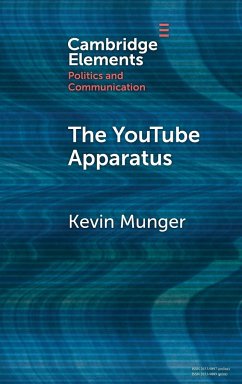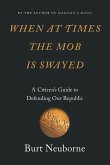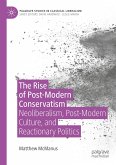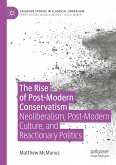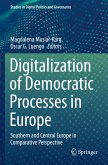The academic agenda for studying social media and politics has been somewhat haphazard. Thanks to rapid technological change, a cascade of policy-relevant crises, and sheer scale, we do not have a coherent framework for deciding what questions to ask. This Element articulates such a framework by taking existing literature from media economics and sociology and applying it reflexively, to both the academic agenda and to the specific case of politics on YouTube: the Supply and Demand Framework. The key mechanism, traced over the past century, is the technology of audience measurement. The YouTube audience comes pre-rationalized in the form of Likes, Views and Comments, and is thus unavoidable for all actors involved. The phenomenon of 'radicalization' is best understood as a consequence of accelerated feedback between audiences and creators, radicalizing each other. I use fifteen years of supply and demand data from YouTube to demonstrate how different types of producers respond more or less to this feedback, which in turn structures the ideological distribution of content consumed on the platform. This title is also available as Open Access on Cambridge Core.
Hinweis: Dieser Artikel kann nur an eine deutsche Lieferadresse ausgeliefert werden.
Hinweis: Dieser Artikel kann nur an eine deutsche Lieferadresse ausgeliefert werden.

